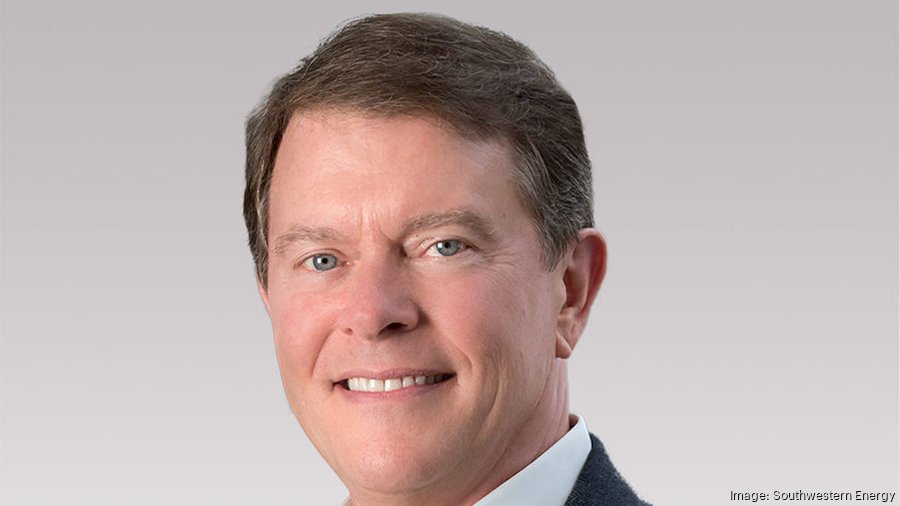To Southwestern Energy CEO Bill Way, his natural gas drilling company's deal with Project Canary to put continuous methane emissions monitoring on its well pad is the next step of its yearslongs focus on ESG.
Southwestern (NYSE: SWN) announced a deal with methane monitoring firm Project Canary last week, one of the ESG-related projects Appalachian natural gas drillers have been reaching with outside firms and nonprofits. But the announcement is just the latest in a pioneering role Southwestern played five years ago when it was the first in the Appalachian basin to not only have methane monitoring but also a deal to certify what is called responsibly sourced natural gas, or RSG. RSG is an emerging standard for natural gas drilling that combines best practices, third-party monitoring and a focus on greenhouse gas emissions.
In 2017, Southwestern certified through Project Canary, a Denver-based methane emissions monitoring and certification company, several of its wells and natural gas production. In 2018 it sold RSG to a New Jersey utility and has completed six RSG deals.
That's well before other natural gas producers, which have done methane-emission and RSG deals only in the last year or so, either with Project Canary or a rival, MiQ.
Appalachian drillers, even before ESG became the watchword on Wall Street, have been considered the most environmentally friendly natural gas producers in North America. There's little to no flaring into the atmosphere, water recycling in hydraulic fracturing is common, and the drillers have been cutting back on greenhouse gas emissions for years by their own innovation.
Southwestern has been doing that and more. Southwestern exceeds by 85% the methane intensity goal set by producer group One Future Coalition, it put in pipelines to connect its wells and take diesel trucks off the road as well as optimize and reduce its fresh water usage, and it works with governments and conservation groups to offset the water it uses for operations. Way's proud of what his team accomplishes.
"We've always been a company that has committed to delivering ESG performance, rather than just talking about it," he said.
And now the partnership with Project Canary. Southwestern will install continuous emissions monitoring systems at all of its well pads in Appalachia as well as certify its natural gas through the TrustWell independent third-party system. The work will begin in July 2021 and will eventually cover not only future wells but also current ones to an estimated 3 billion cubic feet of natural gas production in Pennsylvania, West Virginia and Ohio.
It's the first basin-wide deal for Project Canary.
In an interview with the Business Times, Way said that he wanted to make sure that whatever methane-emissions agreement they reached would have extremely high standards. He believes he's found that with Project Canary.
"They are the most rigorous of anybody in the industry in terms of their Trustwell (independent certification) program," he said. "We wanted to make sure we met the most stringent criteria."
Project Canary's monitoring system also appeals because it'll allow for a constant measurement of each well pad emissions. Way said it's not just to be able to certify the wells.
"The real power behind it is the monitoring art, where when we're done we'll have real time data about everything going on at the site that has any potential emission, to be able to address it quickly because we know about it right away," Way said.
RSG is starting to gain traction in the market, and what analysts say is a potential new grade of natural gas for Appalachian producers that would get a higher price than conventional natural gas as well as interested buyers who want to lower their carbon intensity. Way, who has those six RSG deals, said the business aspect isn't the most important.
"We're not just doing this because you can sell gas but we're doing this because we are a business that believes in the resources of water and air, critical to our country and the world," Way said. "The first thing is doing the right thing, and then (ask ourselves) how that helps us to market gas."
